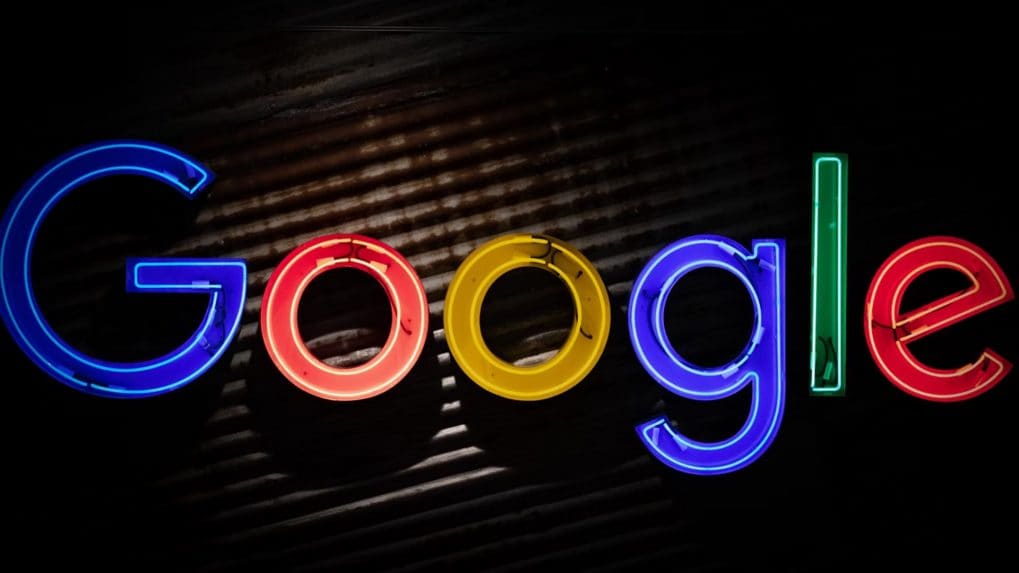Advertising
From Pink Slips to Silent Sidelining: Inside adland’s layoff and anxiety crisis

Google has announced a new Google Calendar feature that allows users to block time specifically for tasks, eliminating the long-standing workaround of creating fake meetings to secure uninterrupted work time. The update enables users to click on any free slot in their calendar and select “Task,” opening a window where they can enter details, add descriptions, control visibility and activate Do Not Disturb for that period.
The feature is designed to address a universal problem: busy schedules packed with meetings and deadlines often leave little room for focused work, prompting many users to disguise personal work blocks as meetings. Google appears to have acknowledged this challenge and is elevating tasks to a more prominent role within the calendar interface.
All tasks scheduled through Calendar now sync automatically with Google Tasks. Once a task block is created, it appears in the user’s to-do list and remains there until it is marked as complete. Reminders continue throughout the day, ensuring commitments made to oneself are not forgotten.
The rollout applies to all users, including those with personal Google accounts, Workspace customers and Workspace Individual subscribers, with no admin action required. The feature began rolling out to Rapid Release domains on 6 November 2025, though visibility may take more than 15 days. Scheduled Release domains will begin receiving the update on 1 December, with distribution expected to continue over the following fortnight.
Though modest in scale, the update makes Google Calendar feel more personalised and practical. Rather than serving primarily as a tool for coordinating meetings and external demands, it now better supports users in protecting their own time. For anyone seeking productivity without burnout, the ability to reserve genuine focus time — without resorting to fictitious meetings — marks a meaningful shift.
From purpose-driven work and narrative-rich brand films to AI-enabled ideas and creator-led collaborations, the awards reflect the full spectrum of modern creativity.
Read MoreLooking ahead to the close of 2025 and into 2026, Sorrell sees technology platforms as the clear winners. He described them as “nation states in their own right”, with market capitalisations that exceed the GDPs of many countries.